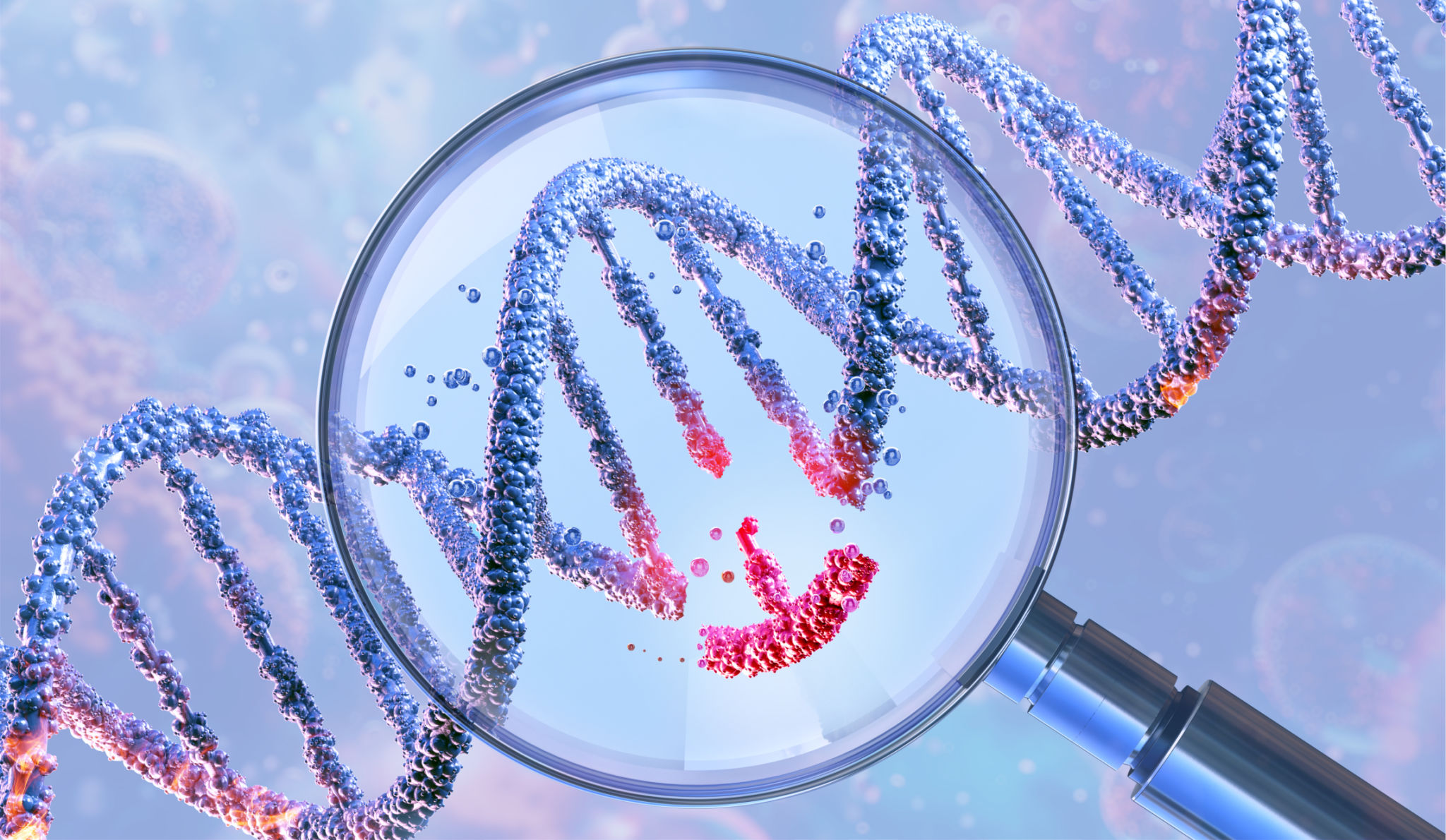Comparing DNA Testing Options: Mobile vs. Traditional Labs
Understanding DNA Testing Options
In recent years, DNA testing has become a popular tool for uncovering genetic information and gaining insights into one’s ancestry, health, and predispositions. With the advent of technology, consumers now face a choice between mobile DNA testing options and traditional lab-based services. Both methods offer unique advantages and disadvantages, making it essential to understand the differences before deciding which option suits your needs.

Convenience and Accessibility
One of the primary benefits of mobile DNA testing is its convenience. Mobile kits allow users to collect samples in the comfort of their own home, often using a simple cheek swab. This method eliminates the need for appointments and travel to a lab, saving time and effort. In contrast, traditional lab tests typically require a visit to a medical facility or a specialized testing center, which may not be as accessible for everyone.
Furthermore, mobile DNA test kits can be ordered online and delivered directly to your doorstep. This ease of access makes them an attractive option for individuals who prefer a more private or flexible approach to genetic testing. However, for those who seek a more hands-on experience or require assistance during the testing process, traditional labs may offer more personalized support.
Accuracy and Reliability
When it comes to accuracy, both mobile and traditional lab tests aim to provide reliable results. However, traditional labs have been established for longer and are often subject to thorough regulatory oversight. This can instill confidence in the accuracy of their testing methods. Mobile DNA tests have made significant strides in recent years, but it's important to research the credibility of the company offering the test.

Mobile DNA tests may not always provide the same comprehensive analysis as traditional labs. While mobile options are improving, they might not delve as deeply into specific genetic markers or offer as detailed health insights. Consumers should weigh these factors when deciding on which type of test meets their needs.
Turnaround Time
The speed at which you receive your results can vary significantly between mobile and traditional DNA tests. Mobile testing kits often promise quicker turnaround times, sometimes delivering results within a few weeks. This can be especially appealing if you're eager to receive your genetic insights promptly.
Traditional labs may take longer due to more extensive analysis processes and higher volumes of tests being conducted. While patience is required, the wait can be worthwhile for those seeking more in-depth genetic information.

Cost Considerations
The cost of DNA testing can vary widely between mobile and traditional options. Mobile DNA tests generally offer more affordable initial pricing, making them accessible to a broader range of consumers. However, it's important to consider any additional fees for accessing detailed reports or ongoing subscription services that some mobile companies might charge.
Traditional lab tests might have a higher upfront cost but could include more comprehensive analysis in their pricing structure. It's crucial to compare what each testing option includes in terms of services and reports when evaluating cost-effectiveness.
Privacy and Security
Privacy is a significant concern when considering DNA testing. Both mobile and traditional labs should comply with strict privacy standards to protect consumers' genetic data. When choosing a provider, ensure they have clear policies on data storage, sharing, and third-party access.
Mobile DNA test providers often emphasize user-friendly privacy policies, allowing customers more control over their data usage. Traditional labs might offer similar assurances, but it's essential to read through their privacy terms thoroughly before proceeding with the test.
Final Thoughts
Deciding between mobile and traditional DNA testing options largely depends on your priorities such as convenience, accuracy, cost, and privacy. Each method has its pros and cons, making it crucial to evaluate your personal needs and expectations before choosing a service. By understanding the differences, you can make an informed decision that best aligns with your goals for genetic exploration.